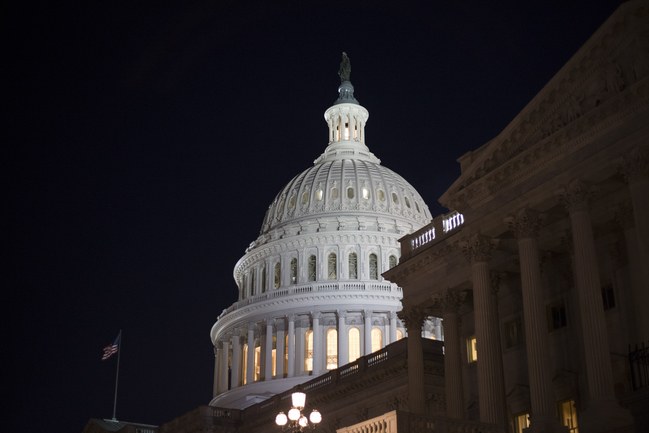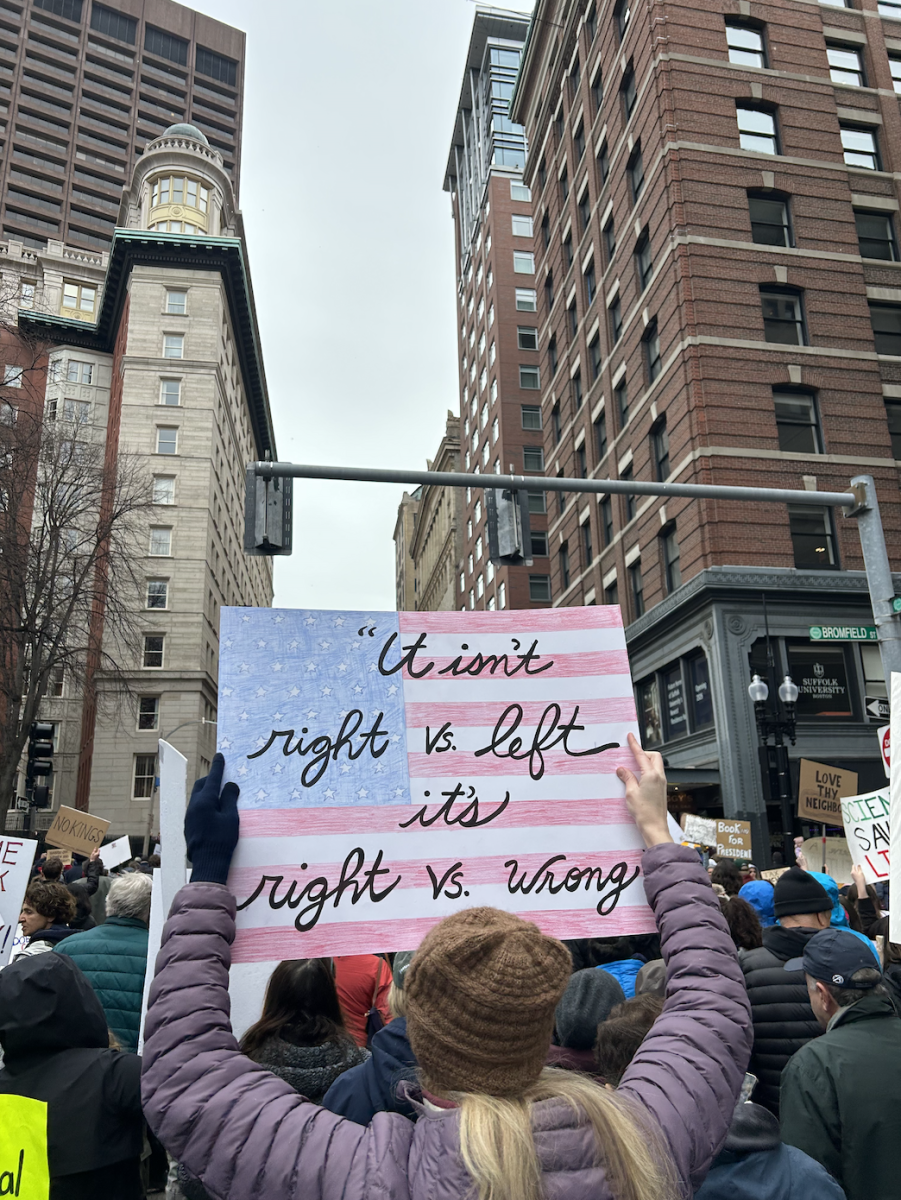By Sarah Carlon
Staff Writer

In a 51-49 vote, the Senate passed the GOP’s Tax Cuts and Jobs Act, the biggest change to the US tax code in nearly 30 years.
Although the bill that was passed in the Senate still needs to be modified to match the earlier version of the bill that passed the House of Representatives, Republicans still consider this to be the first big legislative win of the Trump administration, since previous attempts to remove and replace the Obama administration’s Affordable Care Act all failed.
The main focus of the Tax Cuts and Jobs Act is to lower taxes for businesses and corporations, with the cornerstone of the bill being that, starting in 2019, the corporate tax rate will go from 35 percent to 20 percent. The bill keeps the current seven tax bracket system, but cuts tax rates at every bracket except for the first, raises the income thresholds for joint filers, and lowers the threshold for single filers. The bill only has these tax cuts in place until 2025 however, but many Republicans argue that a future Congress will keep the cuts.
The bill also does away with the $4,050 “personal exemption” Americans are currently able to deduct for themselves, their spouse, and each dependent. To make up for the loss of this deduction, the bill stipulates that the first $12,000 of income for a single filer, $18,000 of income for a head of household, and $24,000 of income for a married couple won’t be taxed. It also increases child tax credit from $1,000 to $1,650, meaning families can now reduce the overall taxes paid on a child under 17 by $1,650.
The Tax Cuts and Jobs Act isn’t solely a tax bill either: it repeals the Affordable Care Act mandate that requires all Americans to have health insurance. This particular provision is not in the House’s version of the bill however, so there is no guarantee it will make it to President Donald Trump’s desk.
With changes being made right up until the last few hours before the final vote, including handwritten additions to the actual document, many Democrats have criticized Republicans for not giving enough time to fully read the legislature.
The only Republican senator who did not vote in favor of the bill, Bob Corker of Tennessee, voiced his concerns about the project $1 trillion the act would add to the deficit on the Senate floor the night of the vote. He refused to support the bill, even when pressured by his fellow Republican senators.
Although passing the Tax Cuts and Jobs Act was the first Republican win for 2017, Congress still has a long way to go before this bill becomes law.

















